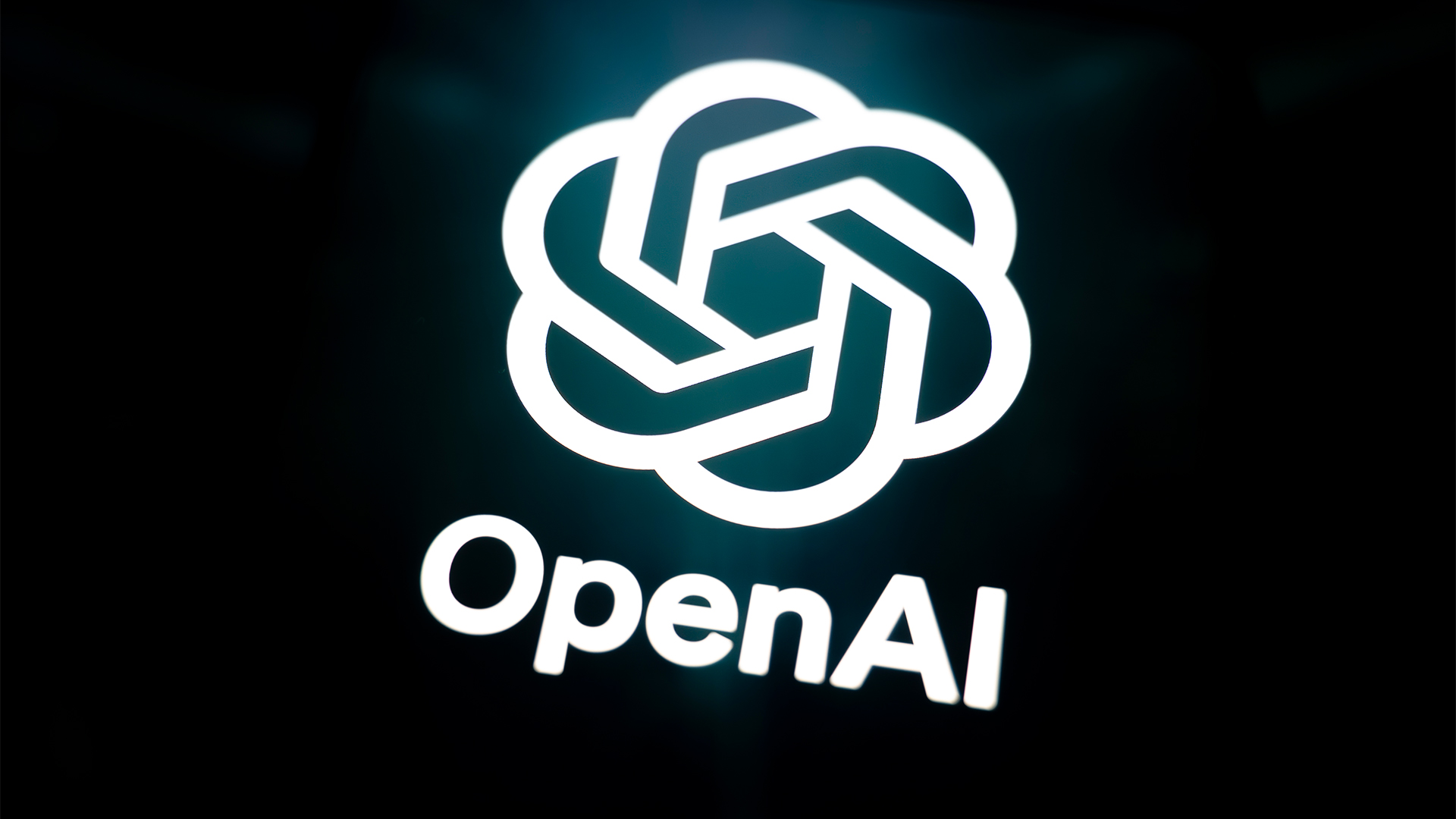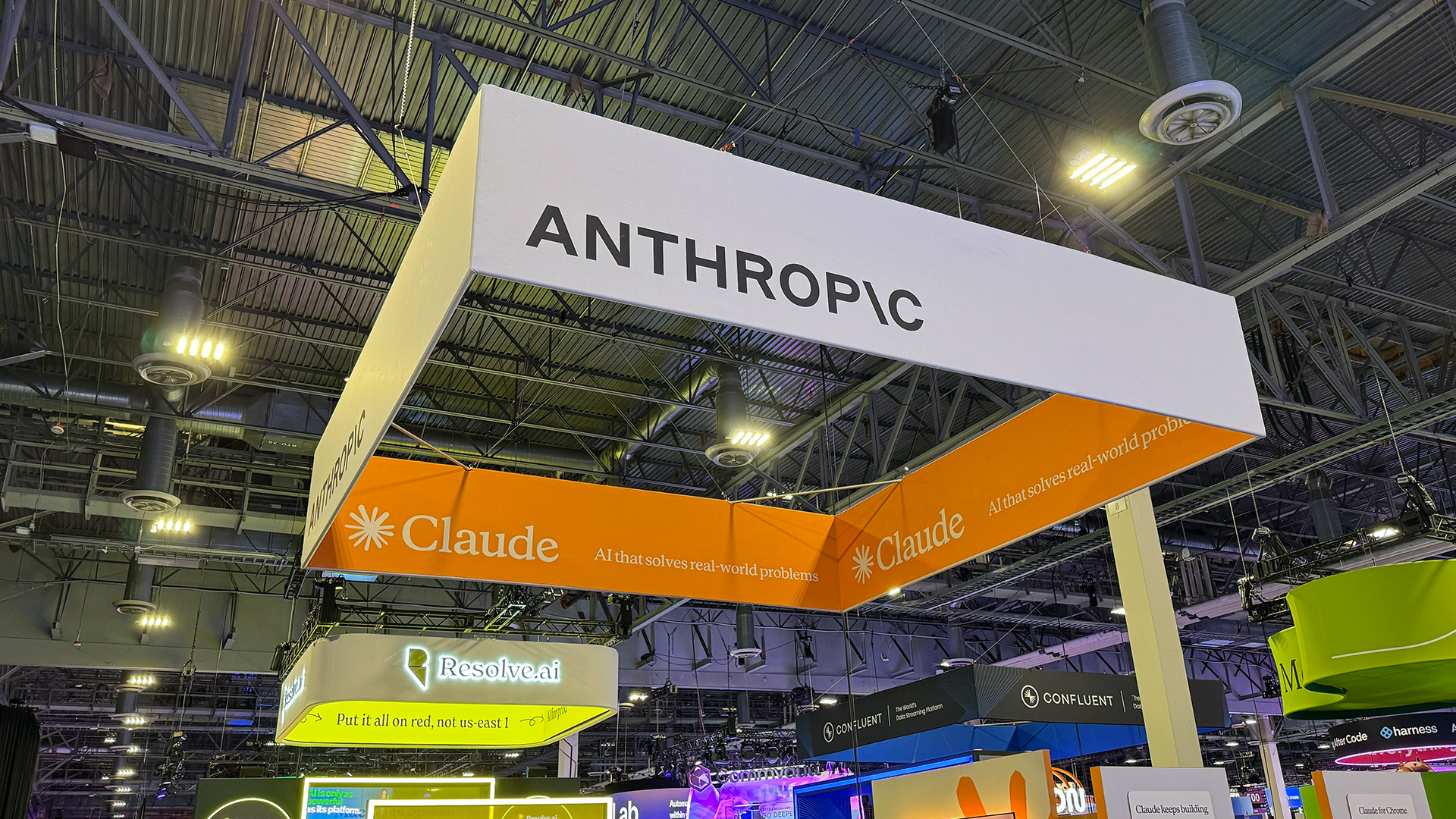"OpenAI continues to be our partner on frontier models": Microsoft is open to using a range of AI models in 365 Copilot, but OpenAI remains its go-to choice
Citing concerns over performance and cost, Microsoft will look to use a range of models to provide the best experience for Copilot 365 users


Microsoft has clarified its stance on the models that will power its 365 Copilot service after reports suggested it was considering integrating third-party alternatives to OpenAI’s model range.
Speculation around the two companies’ relationship emerged after a Reuters report last month claimed Microsoft had been “working on adding internal and third-party artificial intelligence models to power its flagship AI product Microsoft 365 Copilot.”
Sources said the decision was driven by Microsoft’s desire to diversify its current roster of models from OpenAI to minimize its reliance on the firm, largely due to concerns around cost and performance for enterprise customers.
Speaking to Reuters, a Microsoft spokesperson suggested OpenAI would remain Microsoft’s primary partner for frontier models, the most advanced models that underpin the rest of the generative AI ecosystem.
They added that Microsoft would "incorporate various models from OpenAI and Microsoft depending on the product and experience.”
ITPro approached Microsoft for clarification on how OpenAI would feature in future Copilot 365 products.
A Microsoft spokesperson reiterated the firm’s continued partnership with OpenAI on the underlying foundation models, but noted its existing agreement allows Microsoft to “go beyond” simply customizing OpenAI’s models.
Sign up today and you will receive a free copy of our Future Focus 2025 report - the leading guidance on AI, cybersecurity and other IT challenges as per 700+ senior executives
“OpenAI continues to be our partner on frontier models. Our agreement allows us to go beyond fine-tuning and customize OpenAI’s models and IP precisely for our own needs so we can integrate them directly into our products,” they explained.
This leaves open the possibility for models from other sources to be used in Microsoft's products, and the spokesperson noted the firm has been clear that it will look at a range of sources for its generative AI solutions.
“As we have said before, we incorporate various models from OpenAI and Microsoft depending on the product and experience.”
In an example, Microsoft said some models perform better in terms of speed and accuracy than others in specific areas, and as such it would be using a range of models in its products to achieve the best results.
“For example, recommending specific edits to a paragraph in Word may be best suited for one model whereas formatting updates could be powered just as well—and perhaps more quickly—with a different model.”
Microsoft OpenAI partnership reaches $100 billion AGI definition
Microsoft and OpenAI have maintained close ties for several years now, with the latter’s AI models now woven throughout a raft of key Microsoft product ranges.
In 2020, OpenAI licensed its GPT-3 model exclusively to Microsoft, which gave the giant the right to integrate OpenAI’s models into its products and services, including Microsoft Office, Teams, and its Azure AI tools.
In turn, Microsoft became OpenAI’s exclusive cloud provider, allowing it to leverage Microsoft’s powerful Azure cloud infrastructure to deliver OpenAI’s products and API services.
RELATED WHITEPAPER
The partnership also included collaboration on research into AI governance, ethics, and artificial general intelligence (AGI).
Microsoft launched its Azure OpenAI Service, designed to give enterprises access to OpenAI’s models as well as a raft of security and governance features in 2021.
Since its initial $1 billion investment in the generative AI pioneer, Microsoft’s total investment in OpenAI totals approximately $13 billion.

Solomon Klappholz is a former staff writer for ITPro and ChannelPro. He has experience writing about the technologies that facilitate industrial manufacturing, which led to him developing a particular interest in cybersecurity, IT regulation, industrial infrastructure applications, and machine learning.
-
 A torrent of AI slop submissions forced an open source project to scrap its bug bounty program – maintainer claims they’re removing the “incentive for people to submit crap”
A torrent of AI slop submissions forced an open source project to scrap its bug bounty program – maintainer claims they’re removing the “incentive for people to submit crap”News Curl isn’t the only open source project inundated with AI slop submissions
-
 ‘This is a platform shift’: Jensen Huang says the traditional computing stack will never look the same because of AI – ChatGPT and Claude will forge a new generation of applications
‘This is a platform shift’: Jensen Huang says the traditional computing stack will never look the same because of AI – ChatGPT and Claude will forge a new generation of applicationsNews The Nvidia chief says new applications will be built “on top of ChatGPT” as the technology redefines software
-
 So much for ‘trust but verify’: Nearly half of software developers don’t check AI-generated code – and 38% say it's because it takes longer than reviewing code produced by colleagues
So much for ‘trust but verify’: Nearly half of software developers don’t check AI-generated code – and 38% say it's because it takes longer than reviewing code produced by colleaguesNews A concerning number of developers are failing to check AI-generated code, exposing enterprises to huge security threats
-
 AI could truly transform software development in 2026 – but developer teams still face big challenges with adoption, security, and productivity
AI could truly transform software development in 2026 – but developer teams still face big challenges with adoption, security, and productivityAnalysis AI adoption is expected to continue transforming software development processes, but there are big challenges ahead
-
 OpenAI's 'Skills in Codex' service aims to supercharge agent efficiency for developers
OpenAI's 'Skills in Codex' service aims to supercharge agent efficiency for developersNews The Skills in Codex service will provide users with a package of handy instructions and scripts to tweak and fine-tune agents for specific tasks.
-
 AI is creating more software flaws – and they're getting worse
AI is creating more software flaws – and they're getting worseNews A CodeRabbit study compared pull requests with AI and without, finding AI is fast but highly error prone
-
 AI doesn’t mean your developers are obsolete — if anything you’re probably going to need bigger teams
AI doesn’t mean your developers are obsolete — if anything you’re probably going to need bigger teamsAnalysis Software developers may be forgiven for worrying about their jobs in 2025, but the end result of AI adoption will probably be larger teams, not an onslaught of job cuts.
-
 Anthropic says MCP will stay 'open, neutral, and community-driven' after donating project to Linux Foundation
Anthropic says MCP will stay 'open, neutral, and community-driven' after donating project to Linux FoundationNews The AAIF aims to standardize agentic AI development and create an open ecosystem for developers


